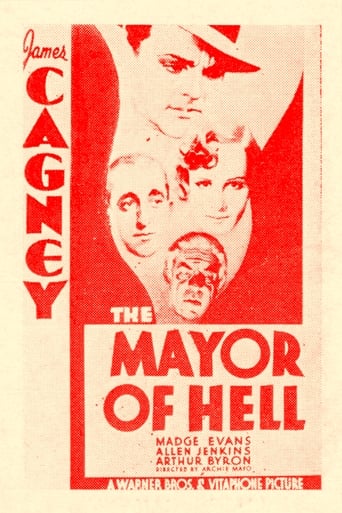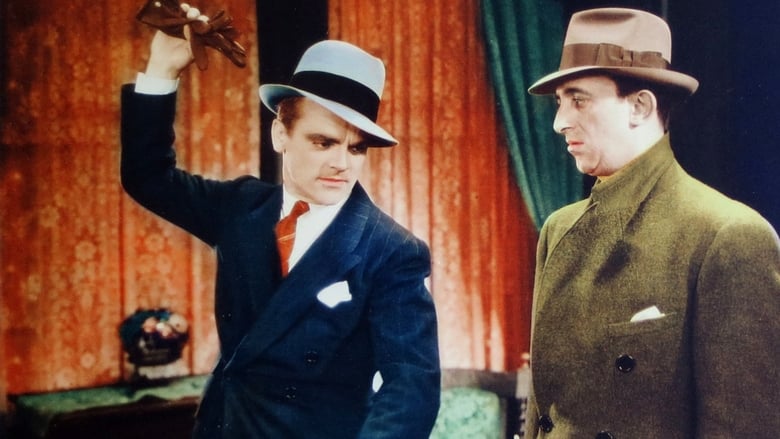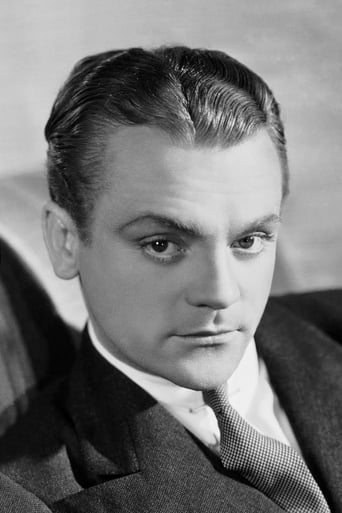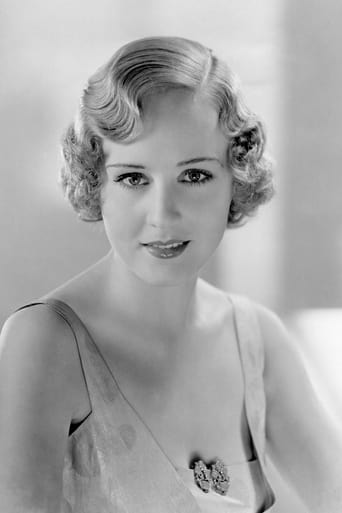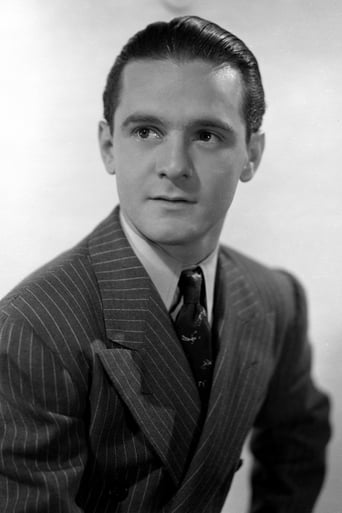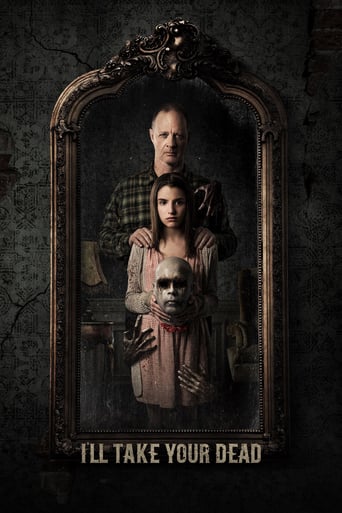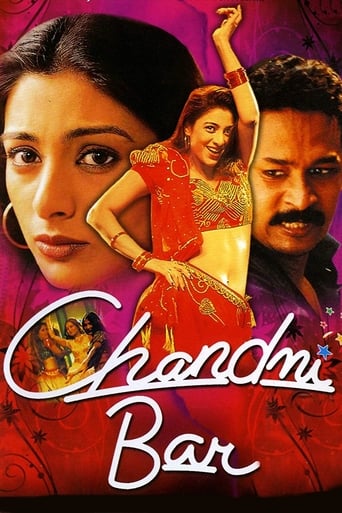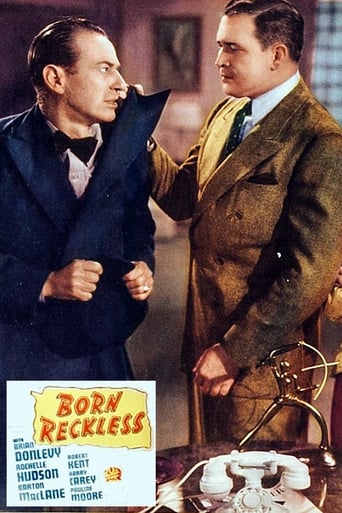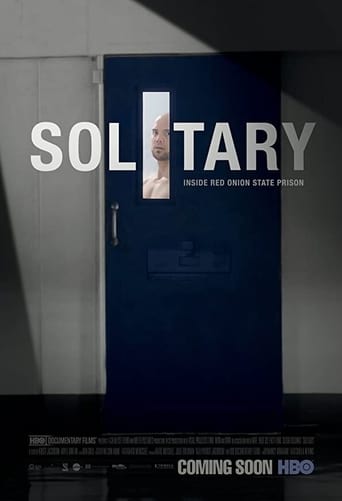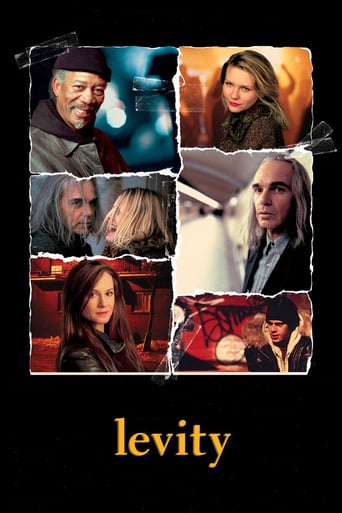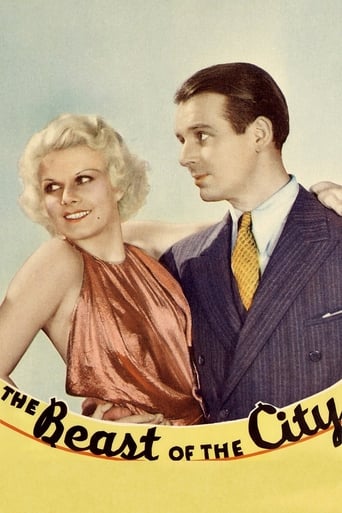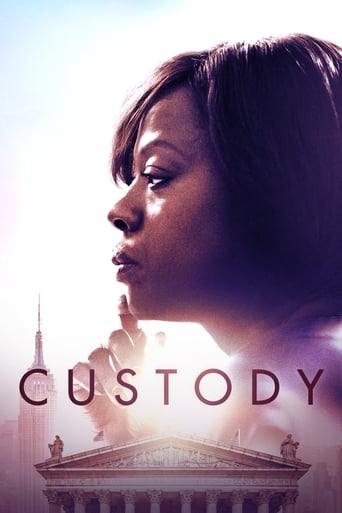The Mayor of Hell (1933)
Members of a teenage gang are sent to the State Reformatory, presided over by the callous Thompson. Soon Patsy Gargan, a former gangster appointed Deputy Commissioner, arrives and takes over the administration to run the place on radical principles. Thompson needs a quick way to discredit him.
Watch Trailer
Cast


Similar titles
Reviews
Best movie of this year hands down!
Blistering performances.
I enjoyed watching this film and would recommend other to give it a try , (as I am) but this movie, although enjoyable to watch due to the better than average acting fails to add anything new to its storyline that is all too familiar to these types of movies.
This is a dark and sometimes deeply uncomfortable drama
This is not a 'real' James Cagney vehicle since his screen time is unusually slim. Frankie Darro plays tough kid Jimmy Smith, the leader of a gang of street thugs that is sent to reform school with a few of his hoodlum friends. Cagney plays Patsy Gargan, a gang leader himself, who is given a token position as a deputy commissioner. When he finds out first hand of the brutal treatment dished out at the reform school, he is compelled to make some major changes with the help of the reformatory nurse(Madge Evans). THE MAYOR of HELL is fast paced and is still entertaining after all these years. The cast is well rounded featuring: Dudley Digges, Arthur Bryon, 'Farina' Hoskins, G. Pat Collins and Allen Jenkins.
James Cagney plays Richard Gargan (nicknamed "Patsy"!), a former gangster now overseeing the surly lads as the new superintendent of a state-run reform school. Tepid genre entry wherein Cagney's the whole show; he dominates the picture, but only because there's not much else of interest going on. Jimmy gives just what's expected from his hard-boiled persona, which can be satisfying if you're in for a quick fix. The direction (by Archie Mayo, though Michael Curtiz was said to have helped) is straightforward without being particularly gripping, although the narrative slips in the second-half, grinding the film down to a messy conclusion (with even Cagney's Patsy getting lost in the shuffle). Remade in 1938 as "Crime School" and again in 1939 as "Hell's Kitchen". ** from ****
Remember - before there was Sidney, there was Dudley.Dudley Digges is barely recalled today - because his heyday as a fixture in sound movies was the late 1920s and through the 1930s. Except for one major performance: the ship's good natured, if tipsy doctor in the 1935 MUTINY ON THE BOUNTY, most of his films are barely revived. More's the pity because he was a wonderful actor. In 1931 he played Casper Gutman (the original actor to play that villain) opposite Ricardo Cortez's Sam Spade in the first THE MALTESE FALCON. Similarly, about the same time, he played the recording angel in Leslie Howard's version of OUTWARD BOUND - the same role that Sidney Greenstreet tackled in BETWEEN TWO WORLDS a decade later.Digges could be likable and lovable (that ship's doctor again), or detestable (in CHINA SEAS, as the judgmental First Mate sneering at poor Lewis Stone but then proving he's as big a coward in a moment of crisis). He held his own against Paul Robeson in THE EMPEROR JONES. He is the Chinese freedom fighter working with Gary Cooper in THE GENERAL DIED AT DAWN. Digges could do anything. Here, he is Mr. Thompson, the hypocritical and thieving warden of a reform school that Frankie Darro and his friends are sent to for committing a robbery and injuring a Greek-American store owner (it is the latest incident for most of them). Digges is as bad here as in CHINA SEAS, but it is a close thing to totally dislike him. He's able to somehow transcend his roles...more later about that.Darro has a gang of urban delinquents (including a Jewish boy and "Farina" from "OUR GANG"). As pointed out in another review, it is a prototype of the Bowery Boys. We see them shake down car owners to pay them to "watch and protect" their autos. When one guy won't do it, they calmly wreck his car. The snatch and grab robbery at the store of the Greek-American is also rather graphically shown - his skull getting fractured when pushed. The boys are rounded up and brought before stern but decent judge Arthur Byron, who realizes that he can't leave the kids with their parents: the parents are unable to watch them, or are incompetent. Unfortunately there are three racial stereotypes in this sequence: a Jewish father who is more concerned with his business than with his son, Farina's stereotype "Yassum" father, and the an Italian father whose willingness to cooperate gets his son out of going to the reform school.Once there the boys find the regime oppressive. Occasionally one of the guards or the nurse (Madge Evans) tries to speak up for them. But Digges has no time for coddling. His is a regime determined to break the boys so they behave themselves. Unfortunately, Digges and his bookkeeper partner are greedy. They have been serving inferior food to the boys and pocketing the profit. One day a new official comes from the state to look at the reform school. It's Jimmy Cagney, who is a hack ward heeler whose gang got the vote out for Edward Maxwell. As a reward (he could not get the Park Commissioner post) Cagney was made an Assistant school inspector. He is supported by his hanger-on pal and factotum Allan Jenkins (in his first Warner Brother film). The irony is that if Digges were a bit more careful, Cagney would probably have let him continue running things. But Cagney arrives to see Darro brought to Digges for fighting. The Warden and Darrow have had problems about respect earlier, and Digges now intends to punish Darro who flees - but get seriously injured by Digges' barbed wire fences and his free use of a whip. Cagney stops Digges and lets Evans treat Darro's injuries. And she explains the reality of the situation to Cagney, and her own idea of real reformatory reform of the boys by building up trust in them with responsibility.The film follows this to the end, showing that Cagney and Evans are on the right path, turning the reformatory as a "republic" for the boys to run properly. This leads to conflict with Digges, whose profiteering is reduced as he is no longer getting supplies. But the scheme is derailed when Cagney himself finds he may be in serious trouble with the law. Digges sees his opportunity and fully takes it. But then he goes too far...far more than he ever bargained for.The 1930s had many films showing kids taking steps to right wrongs and change things. Darro appeared in such as WILD BOYS OF THE ROAD. Cecil B. De Mille did THIS DAY AND AGE, where the kids teach a lesson to a gangster played by Charles Bickford that scares the hell out of him. So it went in the 1930s. THE MAYOR OF HELL reaches a similar intensity of vengeance and juvenile justice seeking. But that's the one problem of the film. Digges' character is a knave and hypocrite, so we never really cheer for him, yet if he wasn't a thief we might go along with his view (even if it is counter-productive). The scenes at the start of Darro and his gang preying on people actually make the harshness Digges would follow seem fairly understandable (even if his thieving ways are not). Also he has one moment when he's justifiably angry at Cagney - at that point in hiding from his own clash with the law - giving orders over a phone from long distance to a befuddled Digges. When Digges learns what's actually happened he is justifiably furious at Cagney lecturing him about proper behavior. It is the closest thing to making Mr. Thompson sympathetic in this fine movie.
Five years before the film Dead End hit theaters, this film was produced. This was definitely a film that tried to show what reformatories were really like. In most cases, the kids who were sent there didn't become reformed, they only came out harder and moved on to bigger crimes. James Cagney is great in this early role as Patsy, the racketeer who tries to keep the kids from making some of the same mistakes that he did by making conditions better for the boys in the camp. Dudley Digges played the perfect villain in Thompson, the warden of the school. He pretty much showed how when the odds were against Thompson and his cronies that he was nothing more than a coward. Also Allen Jenkins, who ironically would appear a few years later in the aforementioned Dead End, provided a lot of the humor as Patsy's stooge "Uncle Mike". Too bad this little gem is rarely shown on television anymore or that it is currently not out on DVD.

